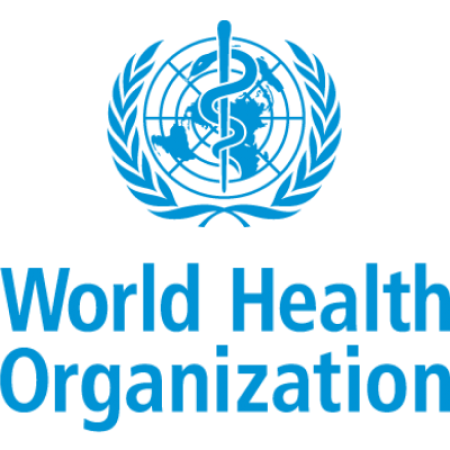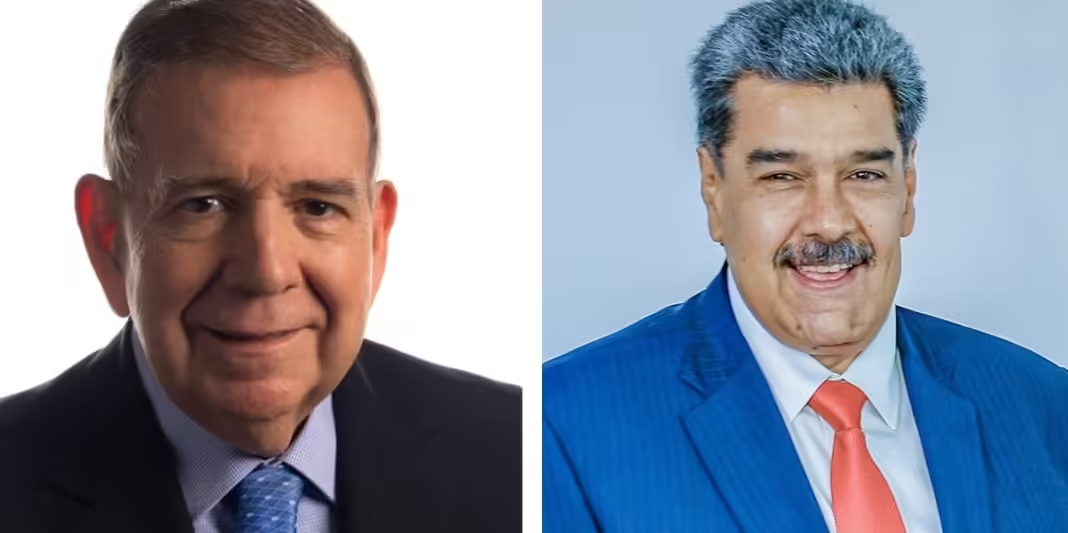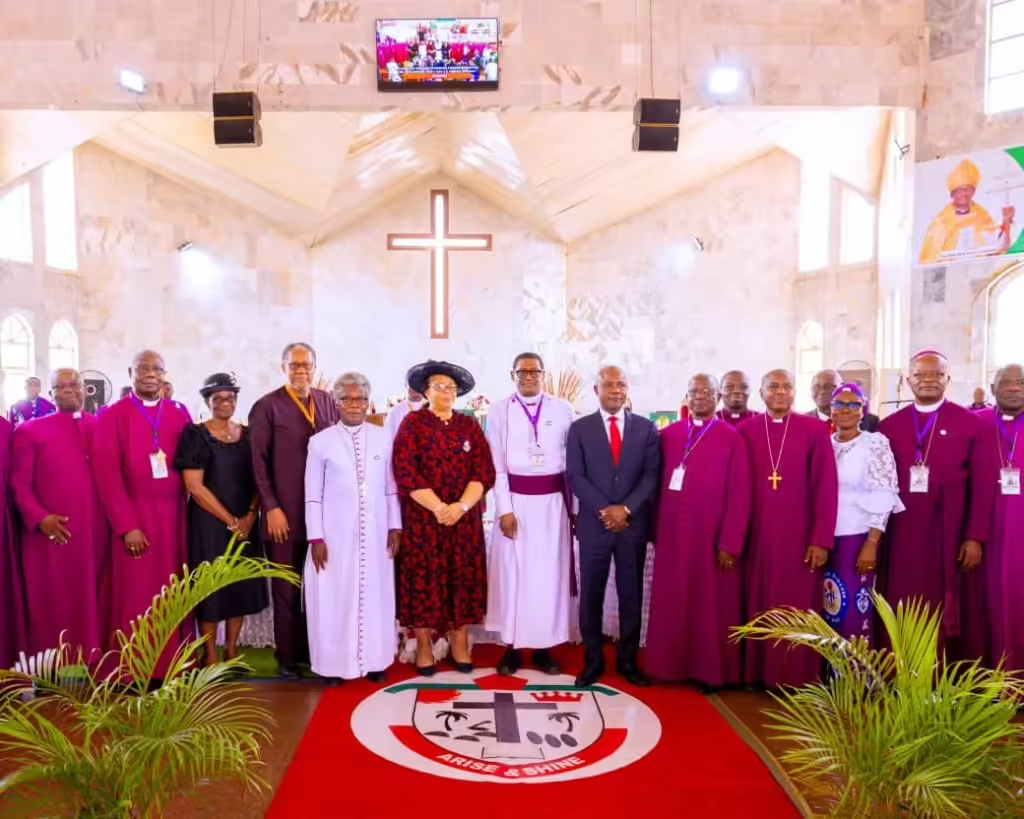GENEVA (ChatnewsTV) — The World Health Organization (WHO) is calling for urgent, high-level action to combat the growing threat of antimicrobial resistance (AMR), a critical health issue that will be the focus of discussions during the United Nations General Assembly (UNGA) in New York from September 20 to 30, 2024.
At the Second High-Level Meeting on AMR on September 26, world leaders will address the escalating danger posed by AMR, where bacteria, viruses, fungi, and parasites no longer respond to medicines. WHO Director-General Dr. Tedros Adhanom Ghebreyesus warned that AMR could reverse decades of medical progress.
“Antimicrobial resistance threatens a century of medical advancements and could bring us back to the pre-antibiotic era, where common infections could once again be deadly,” Dr. Tedros said. “A coordinated, global response is needed urgently, as this threat knows no borders.”
The draft political declaration for the meeting emphasizes decisive action to prevent further global suffering, particularly in low- and middle-income countries, which are hardest hit by the spread of resistant infections.
Global Health Challenges Beyond AMR
The high-level week of the 79th UNGA comes as the world struggles to recover from the COVID-19 pandemic and accelerate efforts to meet the Sustainable Development Goals (SDGs) by 2030. Millions of people still lack access to essential health services, underscoring the link between health and sustainable development.
Dr. Tedros highlighted the importance of investing in global health, stating, “Strong health systems, equitable access to healthcare, and robust pandemic preparedness are vital for a safer and healthier world. Digital technologies offer a powerful means to bridge gaps in access to health services and build resilient systems.”
Focus on Pandemic Preparedness, Universal Health Coverage
WHO officials will participate in numerous events during the UNGA, addressing global health priorities such as digital health, maternal and child health, pandemic preparedness, and the climate-health nexus.
The organization will also hold its first Investment Round for 2025-2028, seeking sustainable financing for WHO’s core work. Dr. Tedros will engage in a live-streamed discussion on September 23 with European Investment Bank President Nadia Calviño, stressing the critical need to invest in primary healthcare.
Climate Change: A Health Crisis
Throughout the UNGA week, WHO experts will emphasize the health impact of climate change, describing it as not just an environmental issue but a pressing health crisis. Rising temperatures, poor air quality, and shifting ecosystems are contributing to the spread of infectious diseases and respiratory illnesses.
“Climate change is rapidly becoming one of the most urgent health challenges of our time,” Dr. Tedros said. “The health consequences are already being felt across the world, and we must act now to mitigate its impacts.”
WHO’s participation in these high-level discussions aims to place health at the center of global decision-making, highlighting the interconnectedness of health, climate, and sustainable development.




